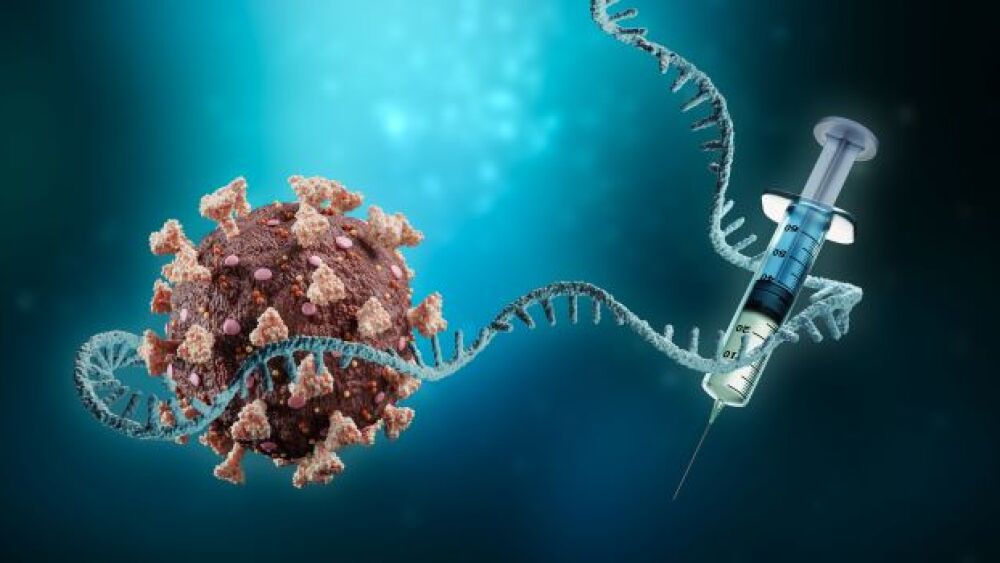Months after landing a massive SPAC deal that carried Ginkgo Bioworks to the Nasdaq, the company is now touting a manufacturing breakthrough from partner Aldevron for mRNA vaccine components.
Months after landing a massive SPAC deal that carried Ginkgo Bioworks to the Nasdaq, the company is now touting a manufacturing breakthrough from partner Aldevron for mRNA vaccine components.
This morning, Ginkgo and Aldevron, a research to GMP biomanufacturer of plasmid DNA, mRNA and proteins, announced what they are calling “significant breakthrough improvements” in the manufacturing yield of vaccinia capping enzyme (VCE), which is a component required to produce mRNA. The VCE benefits the vaccine by helping the body’s immune system recognize the mRNA in a vaccine as something of a helper, as opposed to a foreign entity. The VCE is an essential component that boosts the efficacy of the vaccine once it’s delivered into the body. Two of the most effective vaccines against the COVID-19 virus are mRNA medications. So far, hundreds of millions of mRNA vaccines have been administered across the globe in the battle against the pandemic.
The two companies partnered earlier this year to improve the production of mRNA vaccine components. In the announcement, North Dakota-based Aldevron said it has the exclusive rights to the protocol conditions for this new manufacturing breakthrough. The companies said it is more than 10-times efficient than the previous process.
Ginkgo chief executive officer Jason Kelly touted the breakthrough as a “key ingredient to scaling mRNA production” across the globe. Ginkgo has been working with Moderna since early 2020 to optimize production of raw materials necessary for the production of the company’s mRNA vaccine for COVID-19. Kelly hailed Aldevron as a great partner that is helping to improve VCE.
Tom Foti, president of Aldevron’s Protein Business Unit, said he was excited to see the advances that yielded an optimized manufacturing method for vaccinia capping enzyme. He said the enzyme has historically been difficult to produce. Now, with the increased efficiency, Foti said the breakthrough will “accelerate mRNA therapeutic and vaccine development for manufacturing teams around the world.”
“Aldevron’s industry-leading products and services are the foundation for some of the most exciting advances in biological science today. This partnership represents a momentous growth opportunity for Aldevron as it continues to bolster its already expansive portfolio of products, and an exciting milestone for Ginkgo as we continue to expand our capabilities into the pharmaceutical ecosystem,” Kelly said in a statement.
Boston-based Ginkgo, dubbed “the organism company,” has seen significant growth this year. Not only did it merge with the SPAC company, it also acquired the fungal platform technology company Dutch DNA Biotech B.V. in May. The Netherlands-based company develops fungal strains and fermentation processes for the production of proteins and organic acids. The acquisition provided Ginkgo with its first international toehold.
Aldevron has also seen some growth this year. In February, the company announced an expansion of its manufacturing capabilities in Madison, Wis. The company’s facility expanded significantly from 8,000 square feet to 30,000 square feet. The new site includes a 3,500-square-foot fermentation suite, which has allowed it to expand the scope and scale of projects it takes on.
At the Madison facility, Aldevron manufactures CRISPR proteins like Cas9 as well as IVT enzymes for research use that support mRNA technology.





